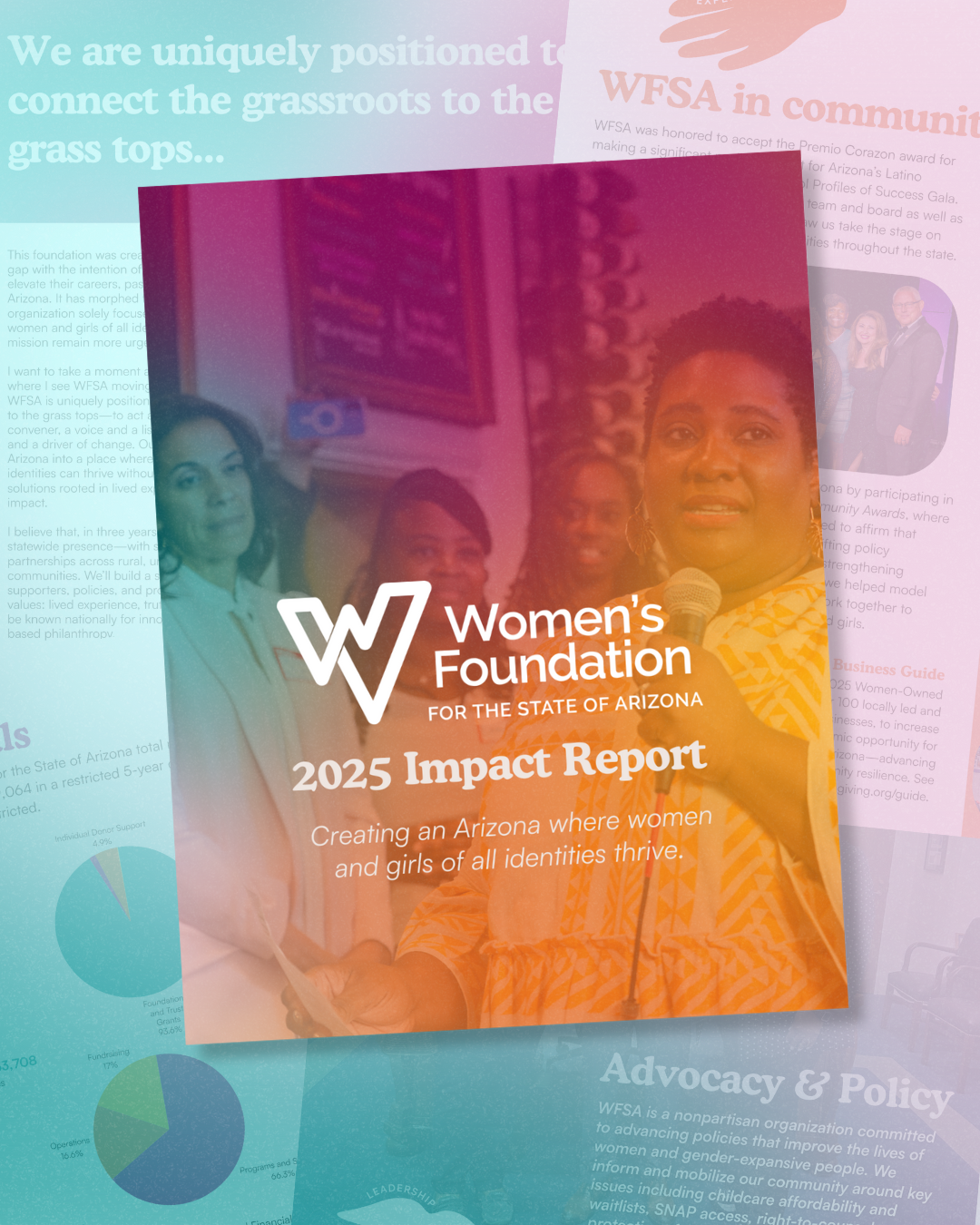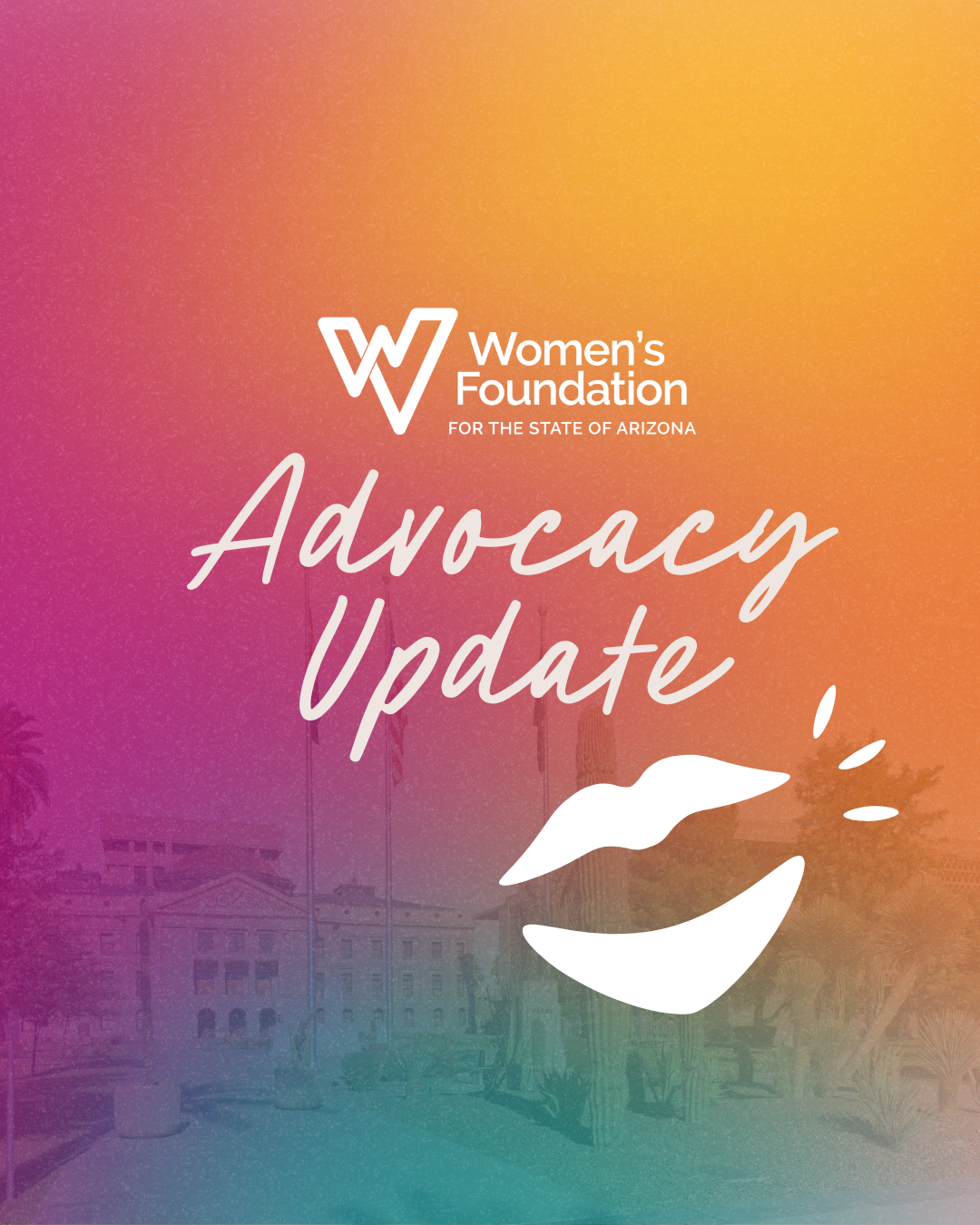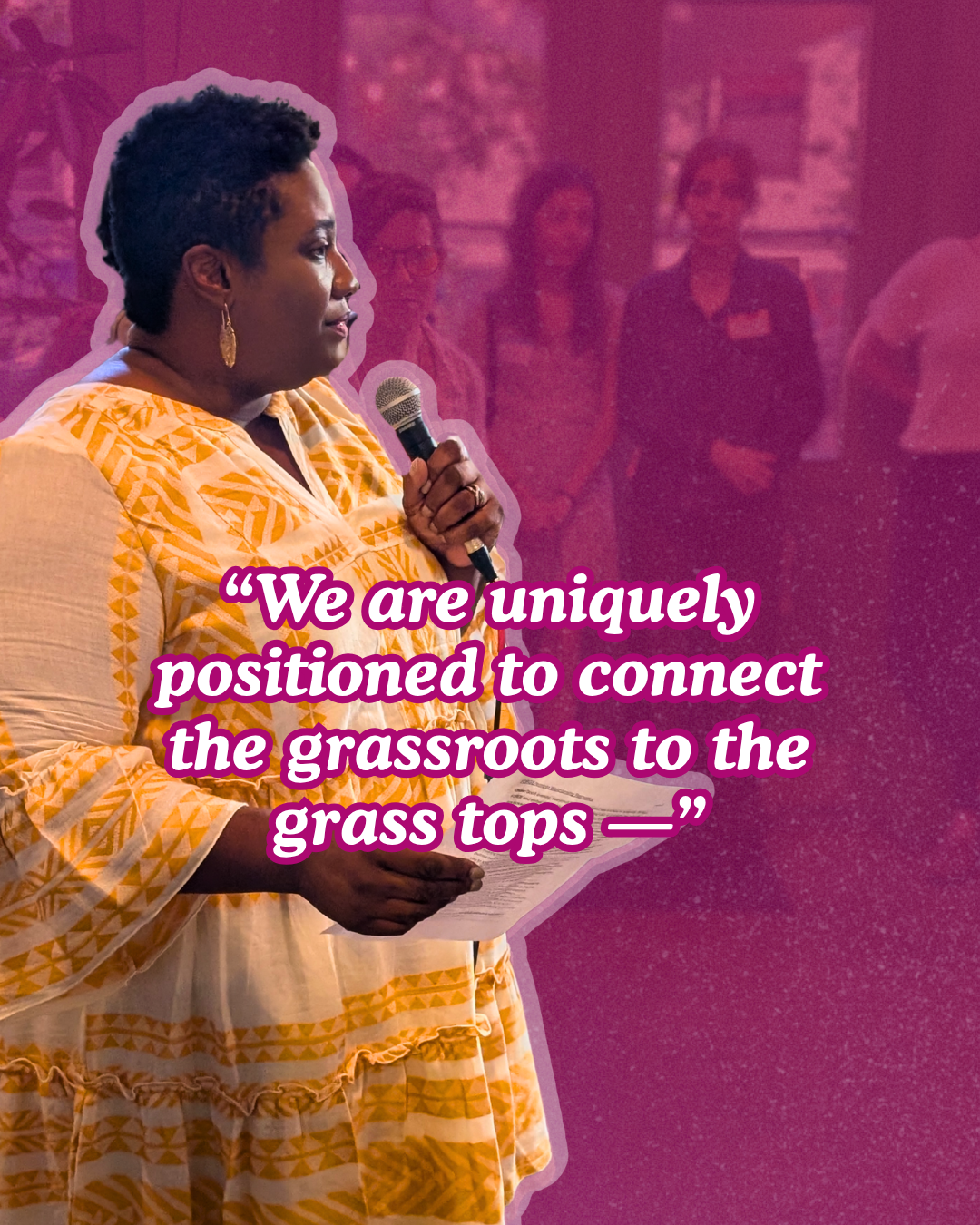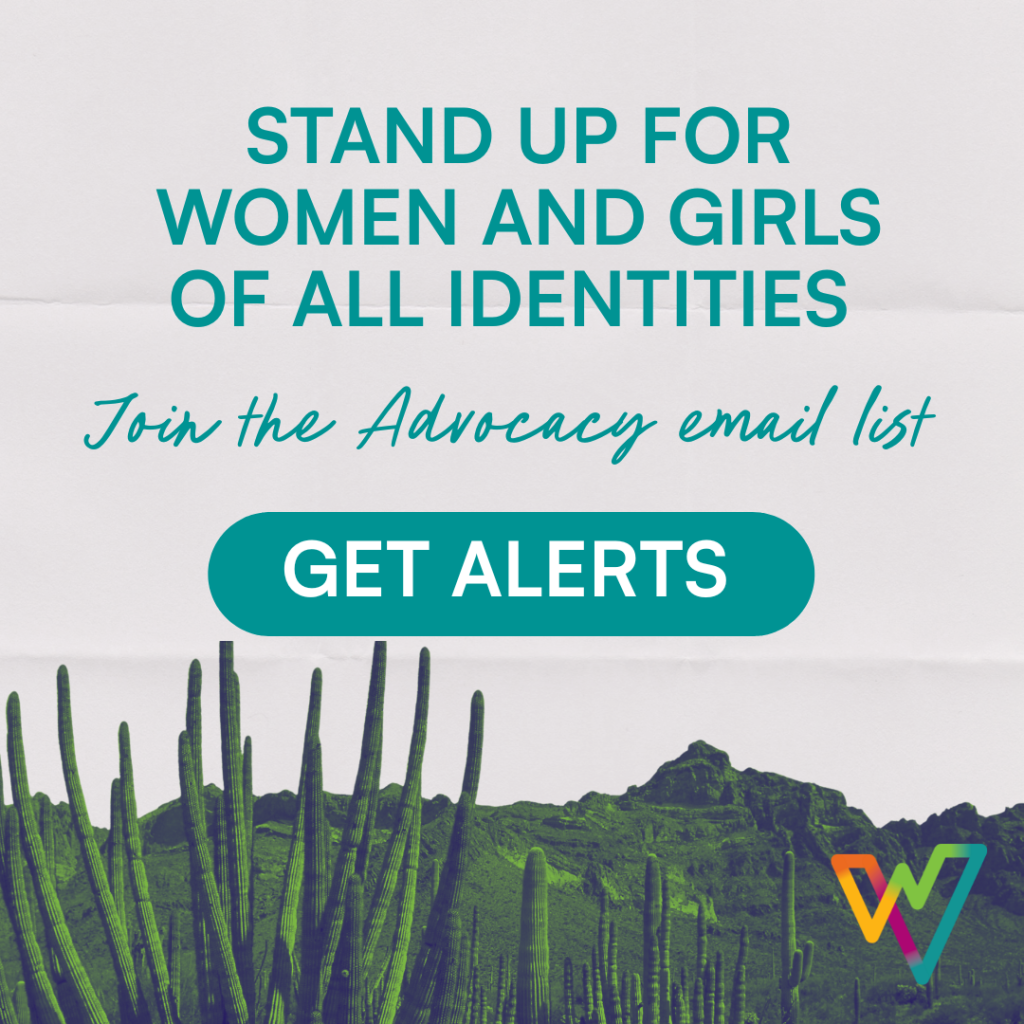Join us to create an Arizona where women and girls of all identities thrive.
The Women’s Foundation for the State of Arizona (WFSA) innovates to create social, political, and economic change that achieves equity for women and girls of all identities through our integrated framework of research, advocacy, grantmaking, and innovative programmatic solutions.
We Research
Nonpartisan research is at the heart of everything we do. WFSA research identifies the biggest economic barriers and opportunities for women and girls in Arizona to inform our work.
Learn more >
We Innovate
Big problems need bold solutions, so we seek to achieve long-lasting systemic change with innovative approaches. We create, pilot, and scale programs that empower and uplift women and girls like the Unidas Teen Philanthropy Program and Pathways for Single Moms.
Learn more >
We Advocate
WFSA strives to remove systemic barriers facing women and girls through policy change. Together with our statewide coalition of advocates, we write, run, support and enact legislation that levels the playing field.
Learn more >
We Invest
Organizations that support women and girls are chronically underfunded. WFSA aims to change that by investing in a wide range of organizations that position women and girls to thrive through a unique model of unrestricted and renewable grants.
Learn more >
Learn more about WFSA’s impact in community. Read our 2024 Annual Impact Report.
Upcoming Events
There are currently no events scheduled.







